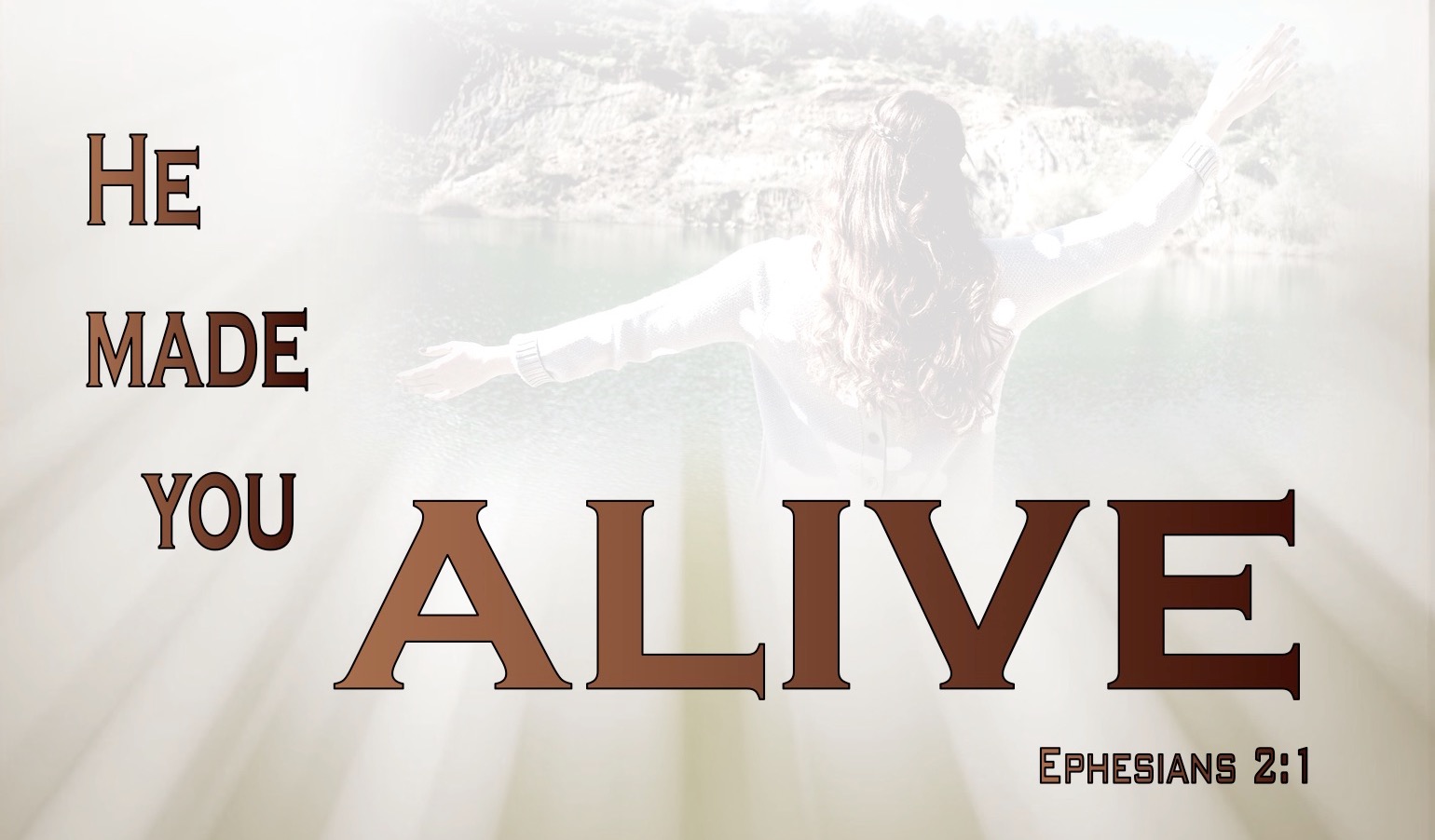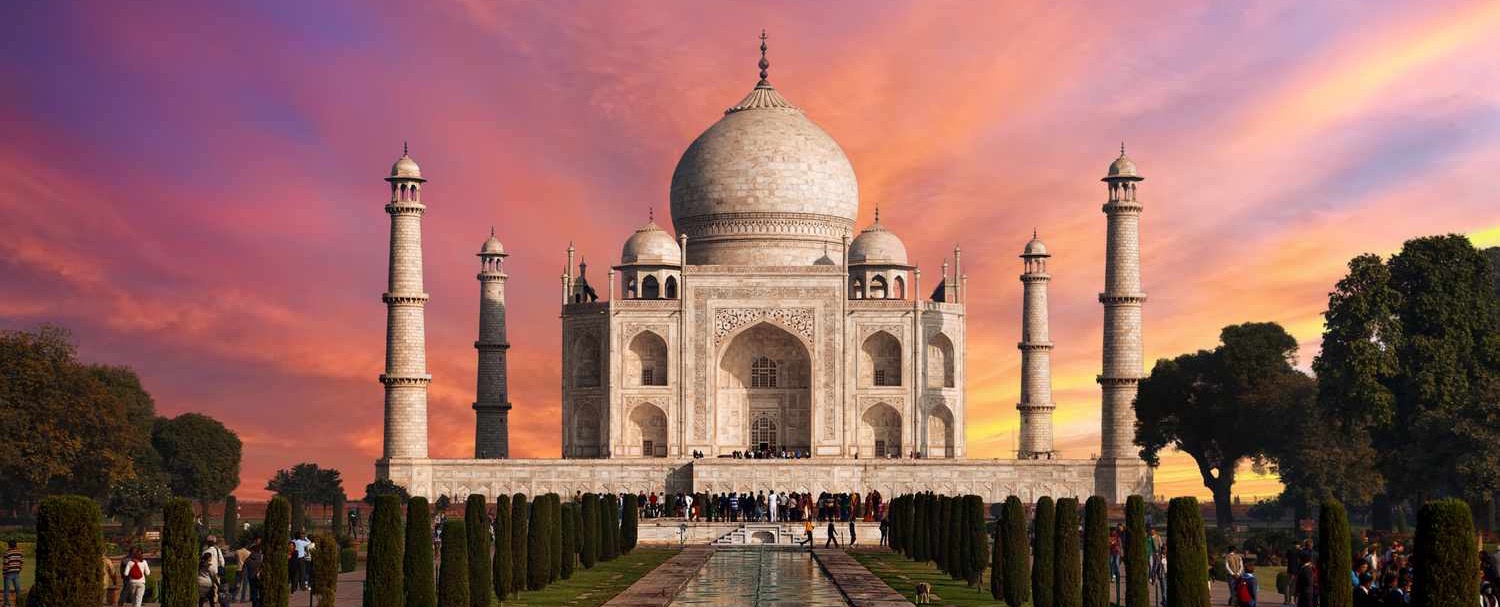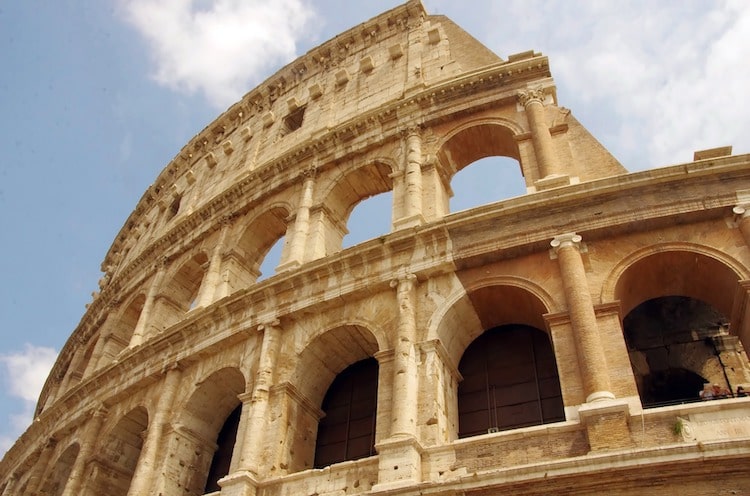“Among whom also we all once conducted ourselves in the lust of our flesh,
fulfilling the desires of the flesh of the mind, and were by nature
children of wrath, just as the others”
– Ephesians 2:3 –
Life was, is, and will be being united to the Author of Life. Only in Him we have life.
What does sin do for us? It kills us.
Sin separated us, and therefore, leads us to death. A dead person can do nothing for themselves of for others. They don’t hear, have no appetite, don’t feel tired, or feel pain. Just like a physically dead person does not respond to physical stimuli, a spiritually dead person does not respond to spiritual stimuli. Non-believers are not sick, they are dead. They need resurrection.
There is no middle ground: either we are alive, or we are dead.
The degradation of the world, the cunning of the devil, and the desires of the flesh lead human beings to disobedience.
Sin condemns us, Sin does not allow us to do anything that will save us. By nature, we are children of wrath, and by our actions, we are children of disobedience (Eph. 2:3; 5:6). The sentence has been handed down, and execution is delayed by the mercy of God, who procures and seeks our repentance for our salvation.
What does God do for us? He loves us.
Just as by nature man is a sinner, by nature God is love. The lecturer and writer Warren Wiersbe says that by nature God is truth; but when He relates to man, truth becomes faithfulness. God is holy by nature; and when such holiness relates to man, it becomes justice. By nature, God is love, but when this love relates to sinners it becomes grace and mercy. And all this is possible by the death of Jesus Christ on the cross.
On Calvary, God exhibited His hatred for sin and His love for sinners.
God gives us life. In other words, He made us and resurrected us. We are reborn by the Spirit and by the Word. Just as Jesus resurrected by giving physical life to the widow’s son, Jarius’ daughter, and Lazarus, this spiritual resurrection is much greater because it unites us with Christ. Our physical location may be on earth, but our spiritual position is in “the heavenly places in Christ” (Eph. 1:3).
Sin worked against us, but “if He is with us, who can be against us?” (Rom. 8:31).
“Jesus. Precious Savior!
His grace is sufficient for the weakest;
and the strongest must also have His grace or perish”
(Messages to Young People, p. 131).
His grace is enough…










